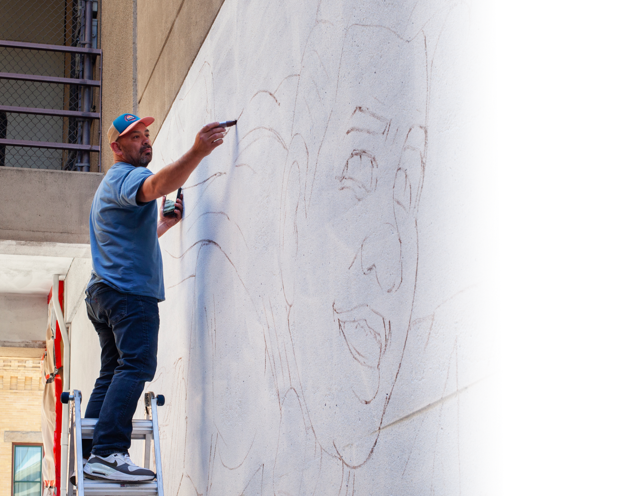404 - Page Not Found


The page you’re looking for doesn’t exist, has been moved, or is no longer available.
Try searching or browsing to find what you're looking for.
HomeA brief overview of the settlement, structure and naming of our city.
From the valley's Indigenous peoples, to early settlers and modern-day residents, learn more about the people who have shaped Boise.
Explore Boise's historic sites, cultural hotspots and unique natural setting.
Learn more about the history of municipal government in Idaho's capital city.

Saving places of cultural significance, that shaped Boise - past and present
The Erma Hayman House represents the history of the River District and is now home to exhibits dedicated to cultural education
The James Castle House was the home and work place of the titular artist, and now home to the James Castle Residency
Immerse yourself in our rich cultural community at Cultural Site events
Supports the cultural and creative community, acting as Boise's honorary representative to the world, engaging international audiences through public expression of culture
We are intentional with our investments, to support sustain and grow a thriving cultural scene in Boise

Learn more about Boise City Department of Arts & History
The advisory body for the department and appointed by the Mayor


The page you’re looking for doesn’t exist, has been moved, or is no longer available.
Try searching or browsing to find what you're looking for.
HomeA brief overview of the settlement, structure and naming of our city.
From the valley's Indigenous peoples, to early settlers and modern-day residents, learn more about the people who have shaped Boise.
Explore Boise's historic sites, cultural hotspots and unique natural setting.
Learn more about the history of municipal government in Idaho's capital city.
Saving places of cultural significance, that shaped Boise - past and present
The Erma Hayman House represents the history of the River District and is now home to exhibits dedicated to cultural education
The James Castle House was the home and work place of the titular artist, and now home to the James Castle Residency
Immerse yourself in our rich cultural community at Cultural Site events
Supports the cultural and creative community, acting as Boise's honorary representative to the world, engaging international audiences through public expression of culture
We are intentional with our investments, to support sustain and grow a thriving cultural scene in Boise
Learn more about Boise City Department of Arts & History
The advisory body for the department and appointed by the Mayor
Let us know how we can help! Send us a message and we'll be in touch!
